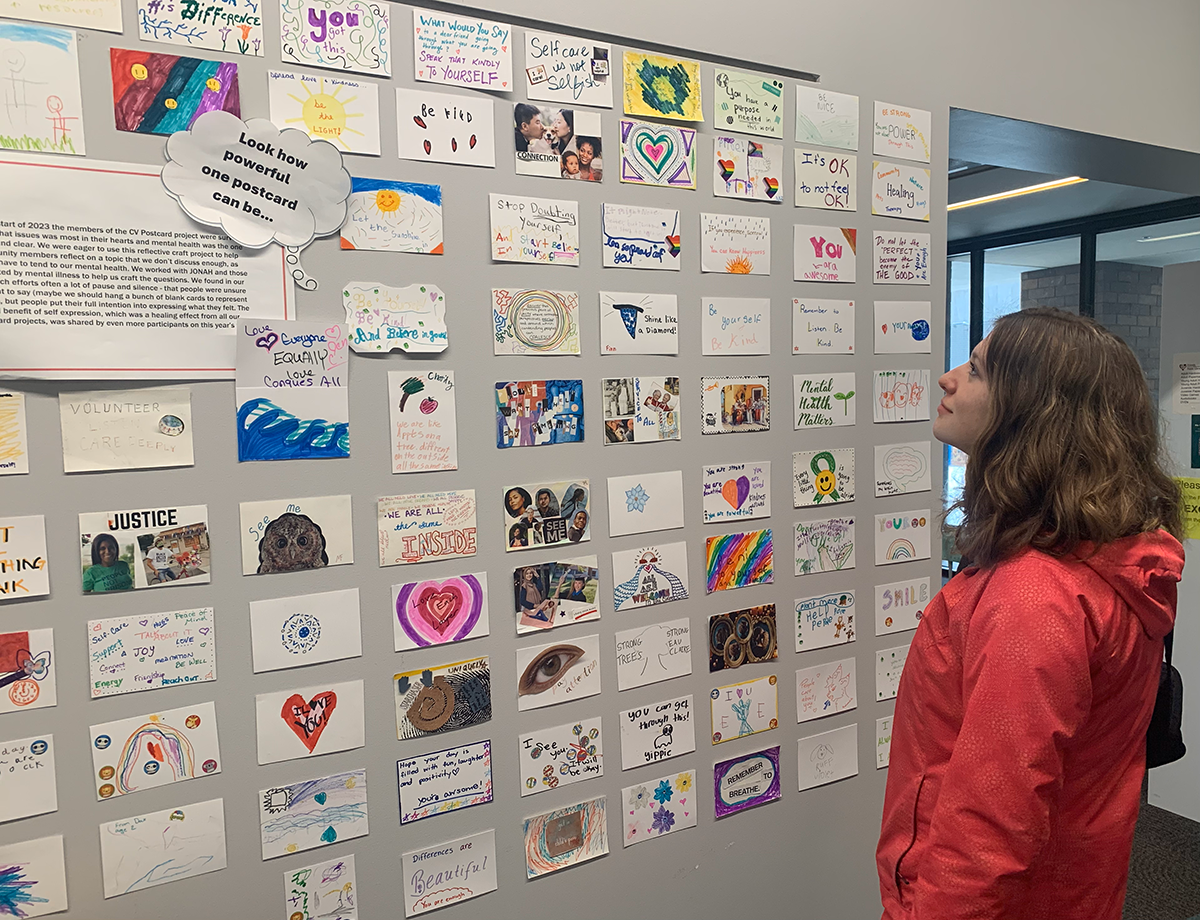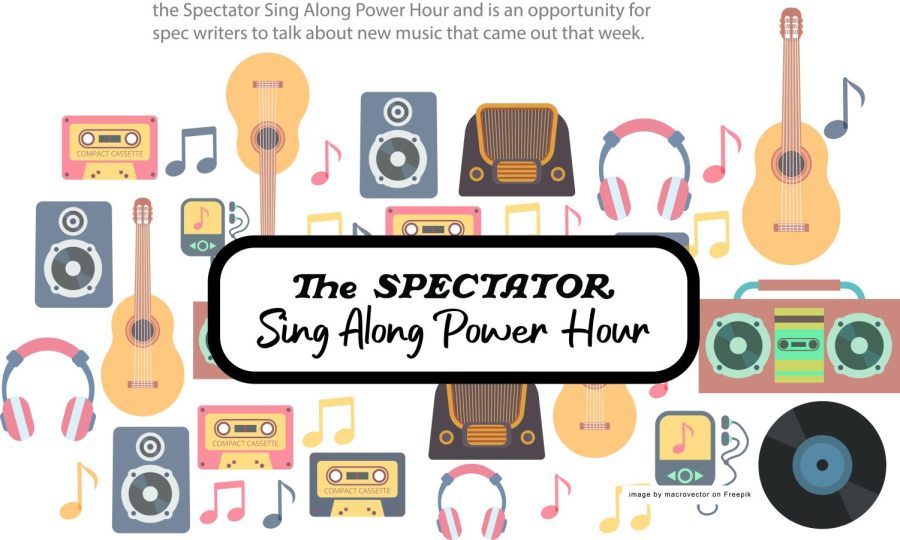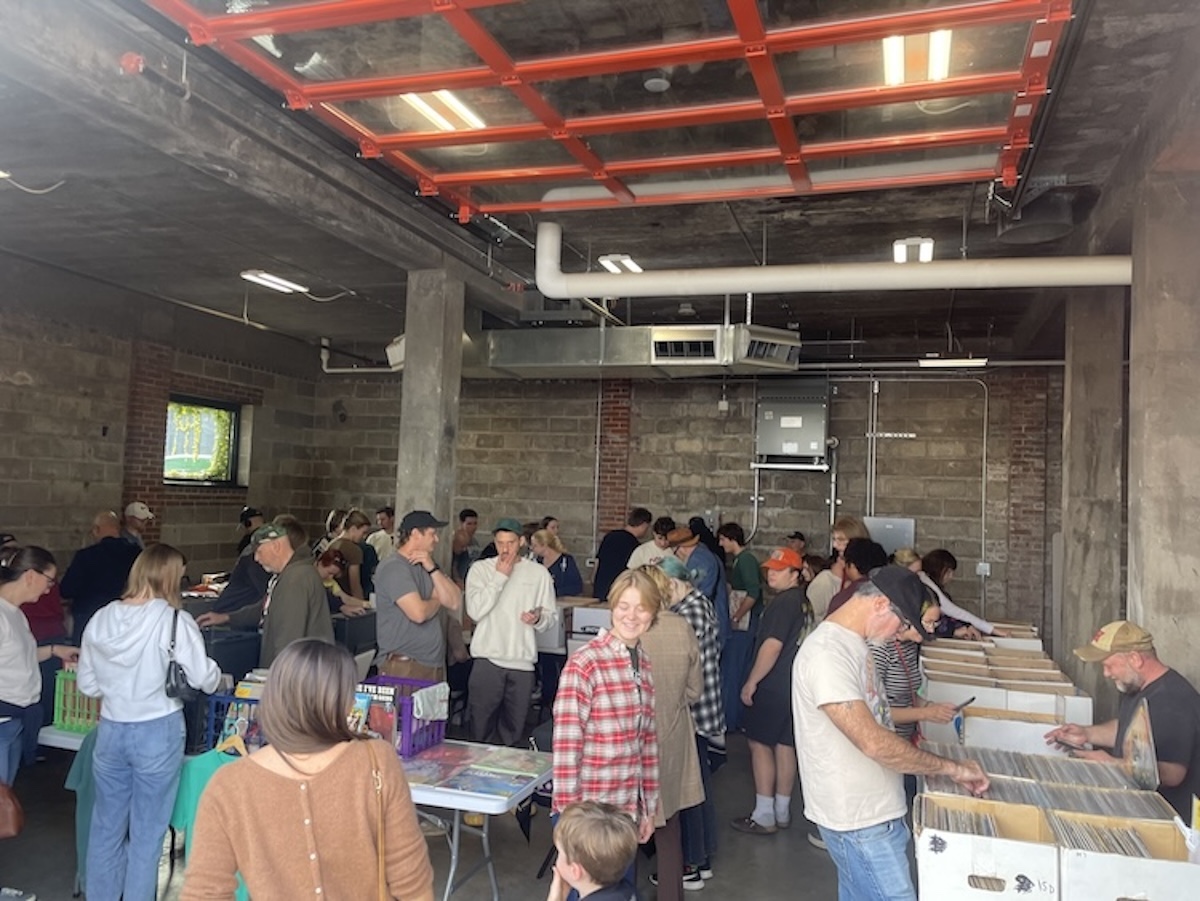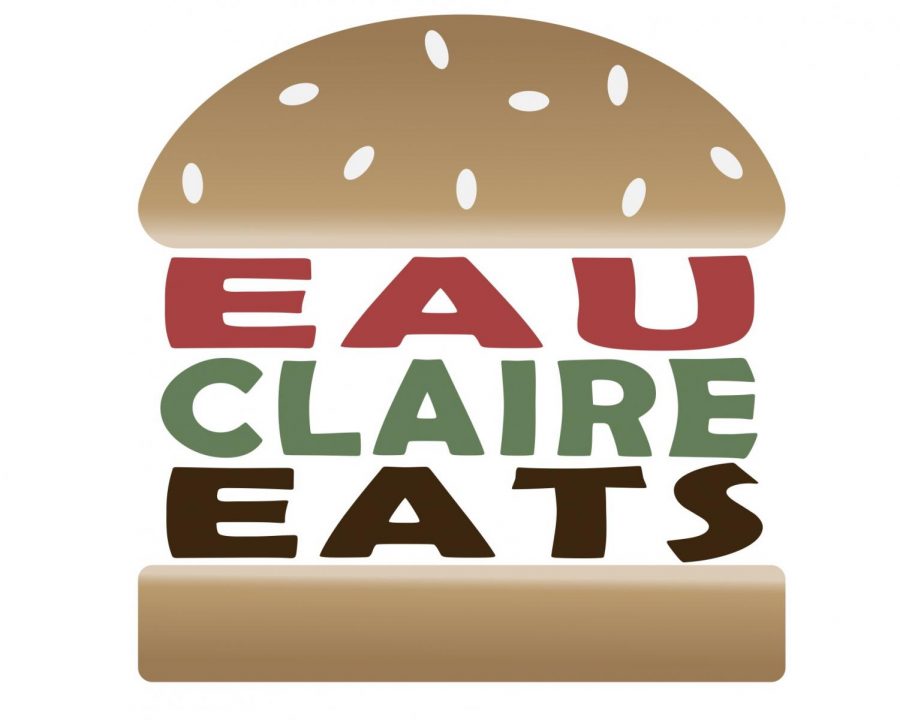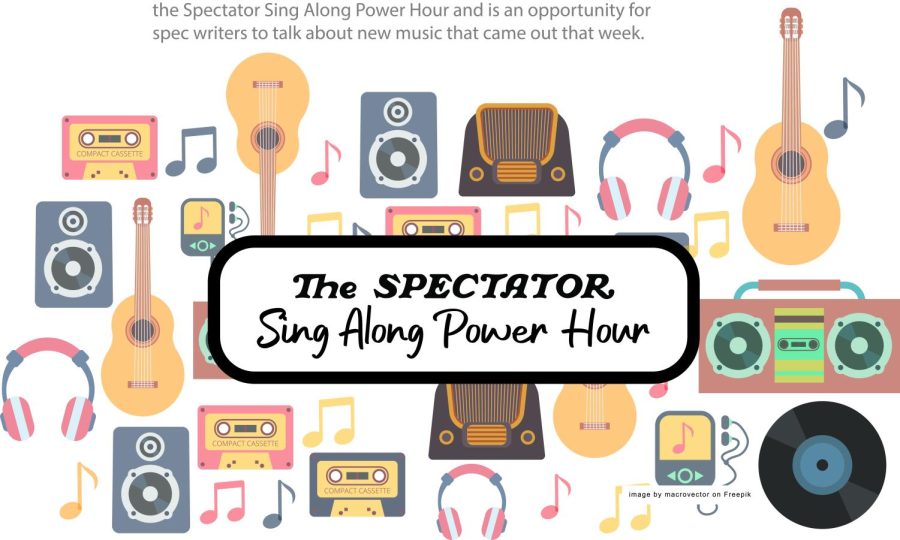An art showcase located at the L.E. Phillips Memorial Public Library expresses the voices of local residents through postcards decorated with messages and drawings related to each year’s theme. The project was located on the Level 0 display space from Jan. 16 to Feb. 14, 2024.
The exhibit was curated by Amy Hahn, a member of the Interfaith Action for Social Justice group. Hahn said this is their third year executing the project, officially called the Chippewa Valley Community Postcard Project.
“Back in 2021, during the time that racial justice protests and disunity in the country was so evident, I had an idea,” Hahn said. “As an art therapist, I’ve done collaborative postcard art in the past, and a group of community members from a variety of religious institutions were interested in supporting the project.”
According to Hahn, this is a 100% volunteer-driven project. Joining Our Neighbors Advancing Hope (JONAH), a non-partisan, grassroots organization focused on justice work, has provided their help over the past three years.
Local establishments have also assisted in spreading the messages that postcard participants share.
“At the end of 2021 and 2022, over 10 local businesses put collages of 8-10 postcards in their windows for two months as a sign to the community that they support social justice,” Hahn said. “We hoped it would signal to people that the establishment was a safe place for minority cultures.”
Each year a new theme for the postcard display is decided, according to Hahn. In 2021 it was racial justice; 2022 was race amity; the most recent 2023 showcase was centered around mental health.
“The Interfaith volunteers have created a list of issues facing our community each year, voted on the topics and came up with a list of response art questions for the flyers,” Hahn said. “In 2022 and 2023, JONAH’s mental help task force played a huge role in workshopping the response art questions.”
This year, questions such as, “How can we talk openly about mental health and show positivity about seeking help when it’s needed?” and “What can our community do to help increase everyone’s happiness?” were presented to inspire art and ideas on the postcards.
“These topics give the community a voice, invite conversation and curiosity, engage people outside the internet to make their voices heard and make personal connections with others,” Hahn said. “This is something society needs in order to bridge viewpoint divides and misunderstanding.”
This free, public event welcomed all ages to come appreciate the art and encouraged people to add to the collection while they visited. At the exhibit, blank 4” x 6” postcards, markers and a list of mailing addresses were provided for visitors to express themselves through art or words.
“While people may not be lining up to volunteer, they are certainly continuing year after year to make hundreds of postcards about how they feel, and we think that has ripple effects,” Hahn said.
Matczak can be reached at [email protected].


